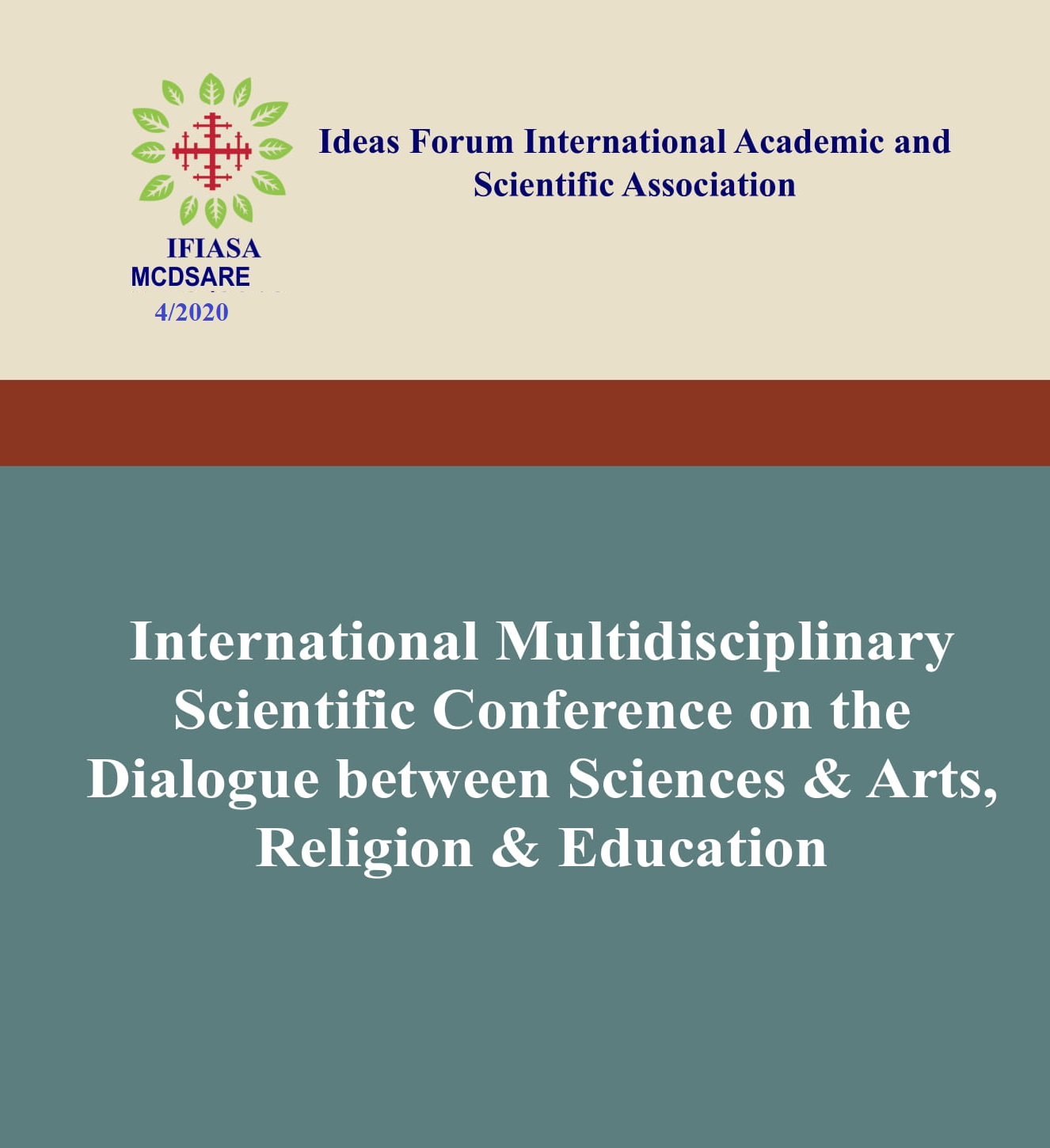THE FACT OF CREATION AND THE LIMITS OF SCIENTIFIC KNOWLEDGE
THE FACT OF CREATION AND THE LIMITS OF SCIENTIFIC KNOWLEDGE
Author(s): Ion Marian CroitoruSubject(s): Theology and Religion, Religion and science
Published by: Ideas Forum International Academic and Scientific Association
Keywords: : God; the creation ex nihilo; creationism; theism; evolutionism; Darwinism; panentheism; rational knowledge; divine knowledge; Orthodoxy; divine Revelation; Holy Scripture; Holy Tradition; Church;
Summary/Abstract: Although scientific research is in full bloom regarding, for instance, the environment, the fact of creationcannot be ignored either, even if some scientists deny it, while others ascertain it, albeit fromperspectives, however, foreign to the patristic vision specific of the Orthodoxy. Consequently, the limitsof cosmology are structured as well by Christian theology, which shows that the study of the world,guided by laws of physics in a limited framework, is carried out inside the creation affected by theconsequences of the primordial sin, so that the reality of the world before sin is known only to those whoreach spiritual perfection and holiness, therefore, from an eschatological perspective, since they, too, gothrough the moment of separation of the soul from the body, waiting for the general resurrection.Therefore, a new way of being is affirmed in the Orthodox Church, by the personal experience of eachbeliever, which is a transformation on the personal and cosmic level, according to Jesus Christ’sresurrected body, which means the reality of a new physics, which concerns both the beginning of theuniverse, but also its new dimension, at the Lord’s Second Coming, when heaven and earth will berenewed by transfiguration. Regarding the existence of the universe, the differences are given by theperceptions of two cosmologies. Thus, the theonomous cosmology highlights man’s purpose on earth, thenecessity of moral and spiritual life, and the transfiguration of creation, explaining God’s presence in Hiscreation, but also His work in it, namely the transcendence and the immanence in relation to the creation.The autonomous cosmology engenders the evolutionist theory, which leads to secularism and,consequently, to the gap between the contemporary man’s technological progress, and his spiritual andmoral regress. Today, more scientists are turning their attention also to the data of the divine Revelation,the way it makes itself known by its organs, the Holy Scripture and the Holy Tradition, in the one Church,which will mean a deepening of the dialogue between science and theology in favour of the man fromeverywhere and from the times to come
- Issue Year: 4/2020
- Issue No: 1
- Page Range: 85-101
- Page Count: 17
- Language: English

